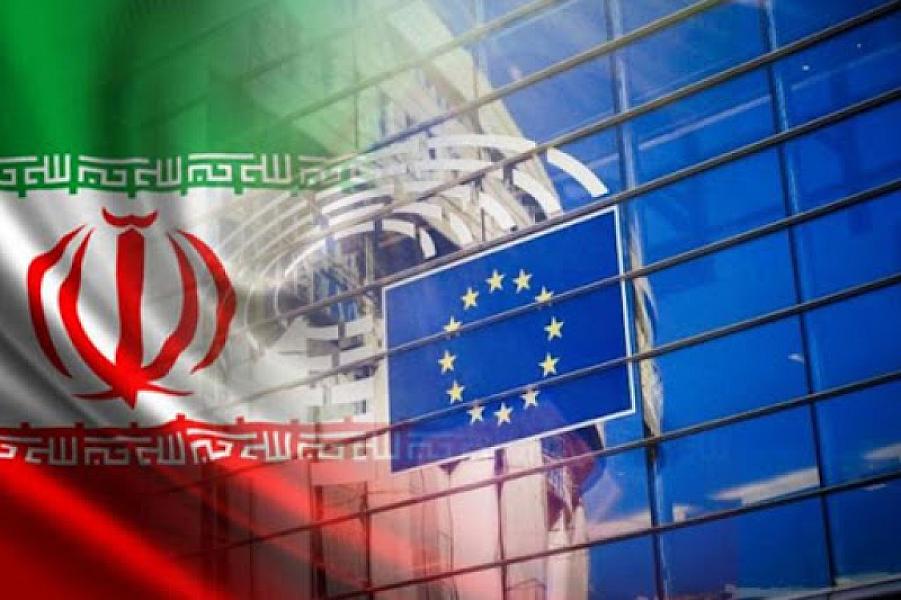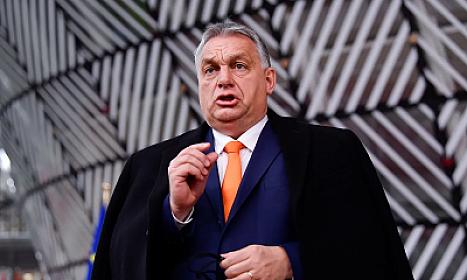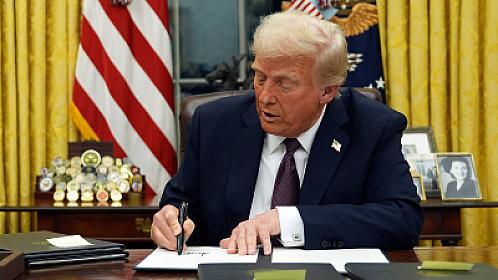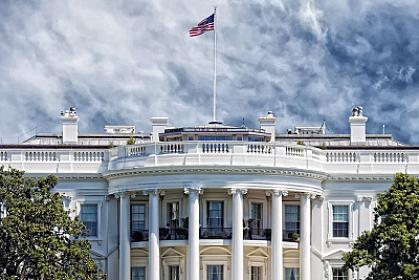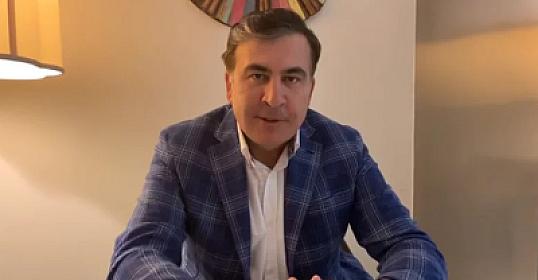Negotiations between the United Kingdom, France, Germany, and Iran regarding the nuclear program have ended without any conclusive results. If there is no progress in the talks by the end of August, the United Kingdom, France, and Germany will use the snapback mechanism, which is the reinstatement of UN sanctions against Iran that were lifted following the nuclear deal reached with Tehran in 2015. The reason Iran is not making concessions is due to the support Tehran receives from China and Russia. Iran's Foreign Minister Abbas Araghchi stated that, together with Russia and China, they have prepared a counter-response mechanism against the snapback. Araghchi stated that even if the snapback mechanism is activated, Iran will continue to sell its oil (to China) without any problems. Araghchi's defiance of the world by relying on China and Russia shows that the theocratic regime has not learned a lesson from the 12-day war.
Australia has dealt another heavy blow to the theocratic regime on the eve of the snapback activation, which would be the final strike to the already disastrous Iranian economy. After receiving intelligence that Tehran was behind two antisemitic attacks in Sydney and Melbourne, the Australian government expelled Iran's ambassador from the country. The Australian Security Intelligence Organisation (ASIO) has obtained information confirming that the Islamic Revolutionary Guard Corps (IRGC) was behind the arson attacks in a Jewish restaurant in Sydney and a synagogue in Melbourne in 2024. The Australian government gave Iran's ambassador and three other diplomatic staff seven days to leave the country, closed the embassy in Tehran, and urgently called its citizens to leave Iran. In addition to these steps, official Canberra announced that it will designate the IRGC as a terrorist organization. It should be noted that the number of countries recognizing the IRGC, the main pillar of the theocratic regime, as a terrorist organization is increasing. Most recently, last month, the Belgian Foreign Affairs Committee declared the IRGC a terrorist organization. Australia’s decision accelerates the IRGC’s fall to the level of “Al-Qaeda” and “ISIS,” which means military operations against the IRGC will start to be legitimized.
The situation surrounding the IRGC will also facilitate Israel’s efforts, which seeks the United States’ approval for the next and broader military operations against Iran. If there is no progress in the negotiations with the United Kingdom, France, and Germany by the end of August, Iran must be prepared not only for harsh economic sanctions but also for military intervention.
The “Reform Front” faction, which supports President Masoud Pezeshkian and attempts to divert Iran from the disasters awaiting it, issued a statement calling for changes in the country's governance. The “Reform Front” demands the suspension of the nuclear program in exchange for lifting sanctions, the release of all political prisoners, the abolition of the compulsory religious dress code for women, and the recognition of a peace plan for the Middle East. Reformists also proposed removing the IRGC from state structures and eliminating its influence on Iran’s domestic and foreign policies. These proposals represent Iran’s last chance.
However, the likelihood of these proposals being realized is very low. Supporters of Supreme Leader Ali Khamenei have accused the “Reform Front” of collaborating with the West. Fars News Agency, which is affiliated with the IRGC, called the “Reform Front’s” proposal a “charter for surrendering to foreign enemies.” Radicals have already begun to call for President Masoud Pezeshkian’s resignation.
Tensions inside and outside Iran are nearing breaking point. At this crucial stage, all peoples that make up Iranian society, including the Azerbaijani Turks, are forced to think only about themselves and the future of South Azerbaijan.

Khaqani Jafarli,
political scientist

